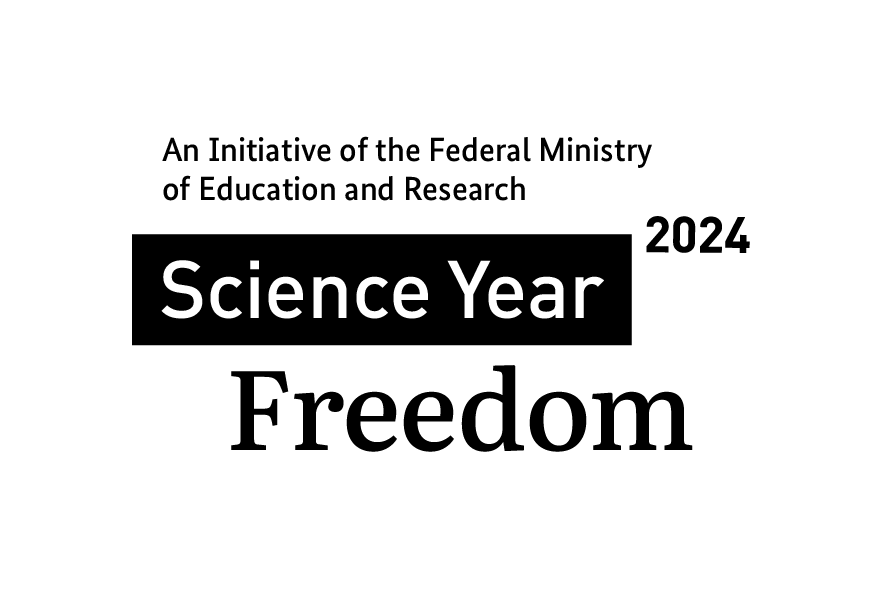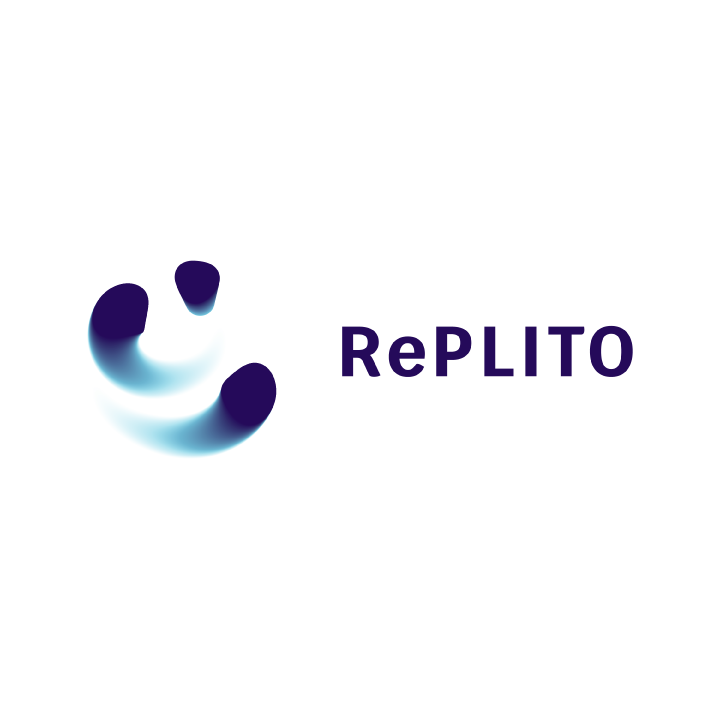URGENTLY WANTED:
Freedom of Research and Learning
An artistic Exploration of obstacles to access to education, training and research for New Berliners
A report contextualising our collaborative research process within the existing body of research on the topic, and highlighting our learning and findings, is available on PubPub.
You can see our Key Findings here.
The value of free research and teaching for society and for each individual becomes particularly clear when this is jeopardized. Political repression in the school and university sector, marginalization, intersectional discrimination, or a lack of choice in education are key reasons for many people to come to Germany, specifically to Berlin. Even today, almost 20 percent of students enrolled in Berlin are new to Germany, and many of them come from countries where academic freedom is under threat.
What do freedom and academic freedom mean to these newcomers? What are their expectations of academic freedom, vocational training and higher education? Are their expectations fulfilled and, if not, why not?
We asked these questions to young and new Berliners. Assisted by filmmaker Nagehan Uskan and radio play director Anouschka Trocker, they documented their answers and their research process in artistic ways.
New Berliners from Pakistan, Algeria, Turkey and Afghanistan who were already in higher education or preparing to continue their university education in Berlin, took part in our creative workshops on either radio or video production. Four days of intensive collaboration included an introduction to audio and video recording techniques, the definition of research questions, the collection of (audio and visual) data, the collective creation of the dramaturgy and finally the editing process of the documentations.
The Situation or the Freedom to be Loud
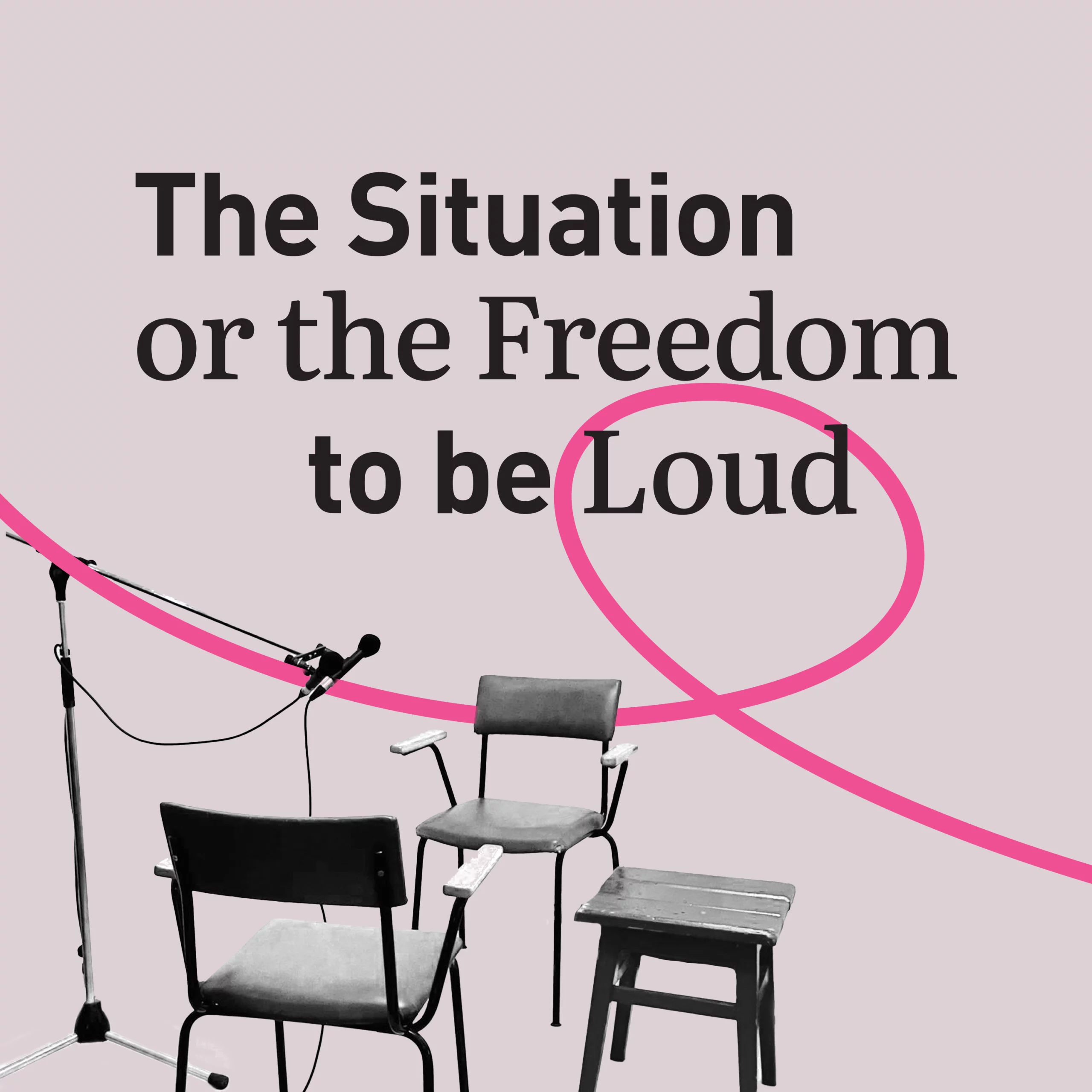
A radio play by Anouschka Trocker and Eunike Kramer with Alize, Pelagia, Sana, Zack and visitors of the Long Night of Science.
Thank you for answering this questionnaire after listening.
An Anonymous Request!

A collective work by the participants of the Visual Storytelling Workshop.
Who are
New Berliners
With almost half coming from (in this order) India, China, Syria, Austria, Turkey, Iran and Russia, international students in Berlin are not a hyper-mobile group who can count on effortless legal residency in Berlin and the continuing possibility to return safely to their country of origin.
Our Key Findings
1. High Expectations among New Berliners
The expectation of many New Berliners is that education and academic freedom in Germany are significantly better than in their country of origin. The differential treatment this group of highly educated young people experiences compared to other (international) students is a reminder that it is their nationality, not their educational attainments that allows them access and mobility. This sets New Berliners apart from other international students who do not need to go through the often degrading visa application process and moves them closer to the realities of refugees and migrants.New Berliners are frequently not recognized as competent knowledge subjects, they are treated as recipients of ‘the gift to be allowed to study’ and are thus expected to be grateful. Nonconformity to show this expected gratitude to professors, academic personnel and administrations often has grave personal consequences for New Berliners.
2. Formal barriers hinder access to education for New Berliners
From difficulties with the recognition of degrees, the transferability of existing knowledge and the need to acquire German on an high level before taking up studies, access to German Higher Education is “rigorous”. A very good command of German as a precondition to participate in higher education when knowledge of other, more common foreign languages like English is wide-spread. Thus this communicative choice is experienced as exclusion and a limitation to educational freedom.
Appropriate information and support on how to apply and enroll and on the practicalities of student life in Germany are lacking. Often this information is taken for granted and therefore left out of measures to assist international students. In order to overcome this obstacle, a complete overhaul of the support offer and communication culture at the university would be necessary.
3. Diversity management at universities does not include New Berliners
It is often overlooked that the majority of international students originate from countries to which safe return cannot be taken for granted and who are not hyper-mobile; for whom the acquisition of legal residency in Germany often causes immense amount of personal distress; who have difficulty navigating the German university as a system; and their protection from racism and discrimination both in and outside of the university is not guaranteed. Responsibility to address these barriers is left unaddressed, the attitude seems to be that here, too international offices are responsible and need to be trained in intercultural communication. International offices however have no influence on the daily routines in teaching and learning at the faculties.
4. Content and form of study are not free enough for New Berliners
Professors and other academic personnel expect New Berliners to be experts on their country of origin and often treat them in a stigmatizing way. Methods used in teaching and learning at German universities are often perceived as traditional by New Berliners, whereas they wish to be exposed to new, more diverse canons of knowledge and ways of learning.
We took this artistic research a stage further and discussed it with a variety of audiences in Berlin and beyond, using it as a jumping-off point for further exploration and for initiating critical discussions about how New Berliners could be better served and supported.
Past Events
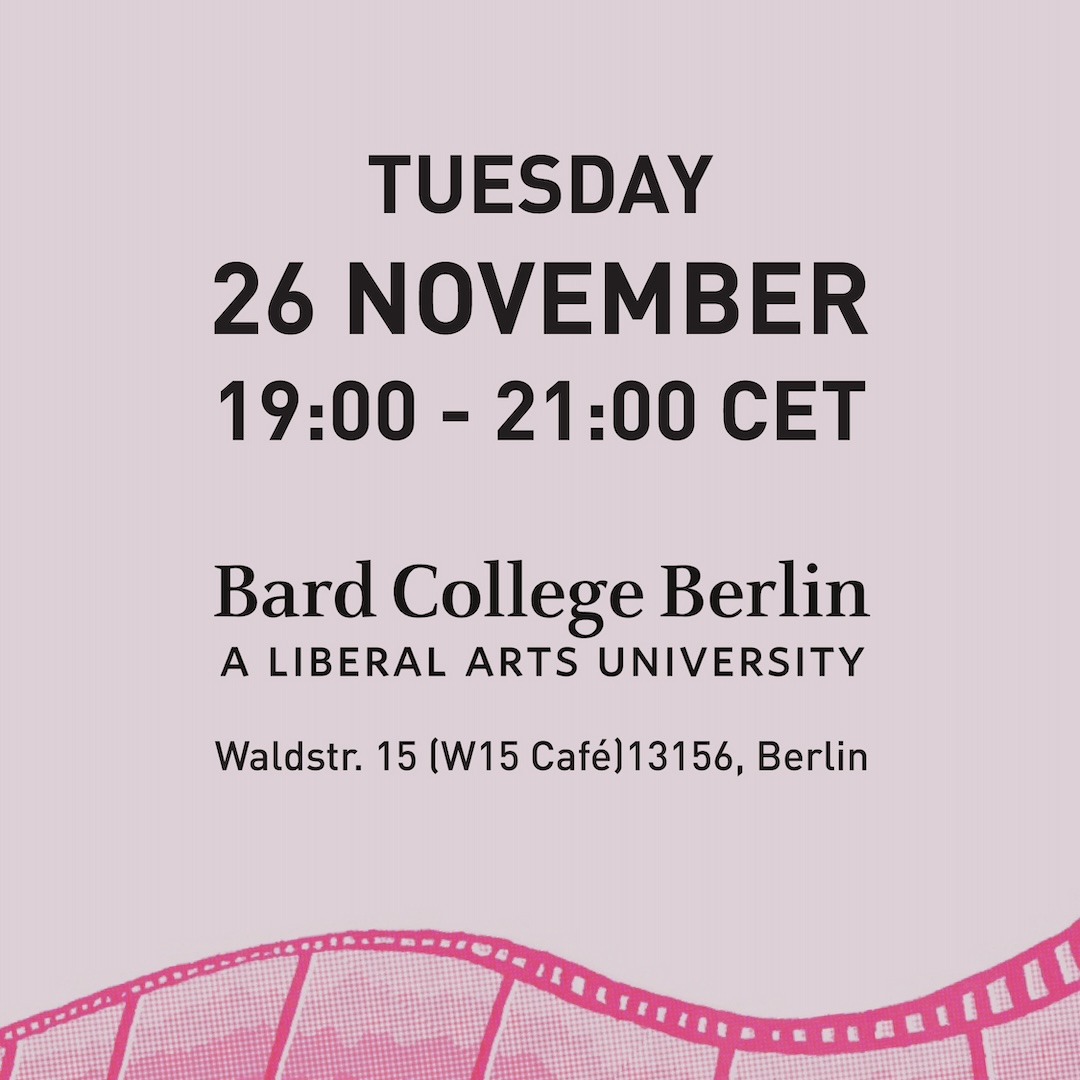
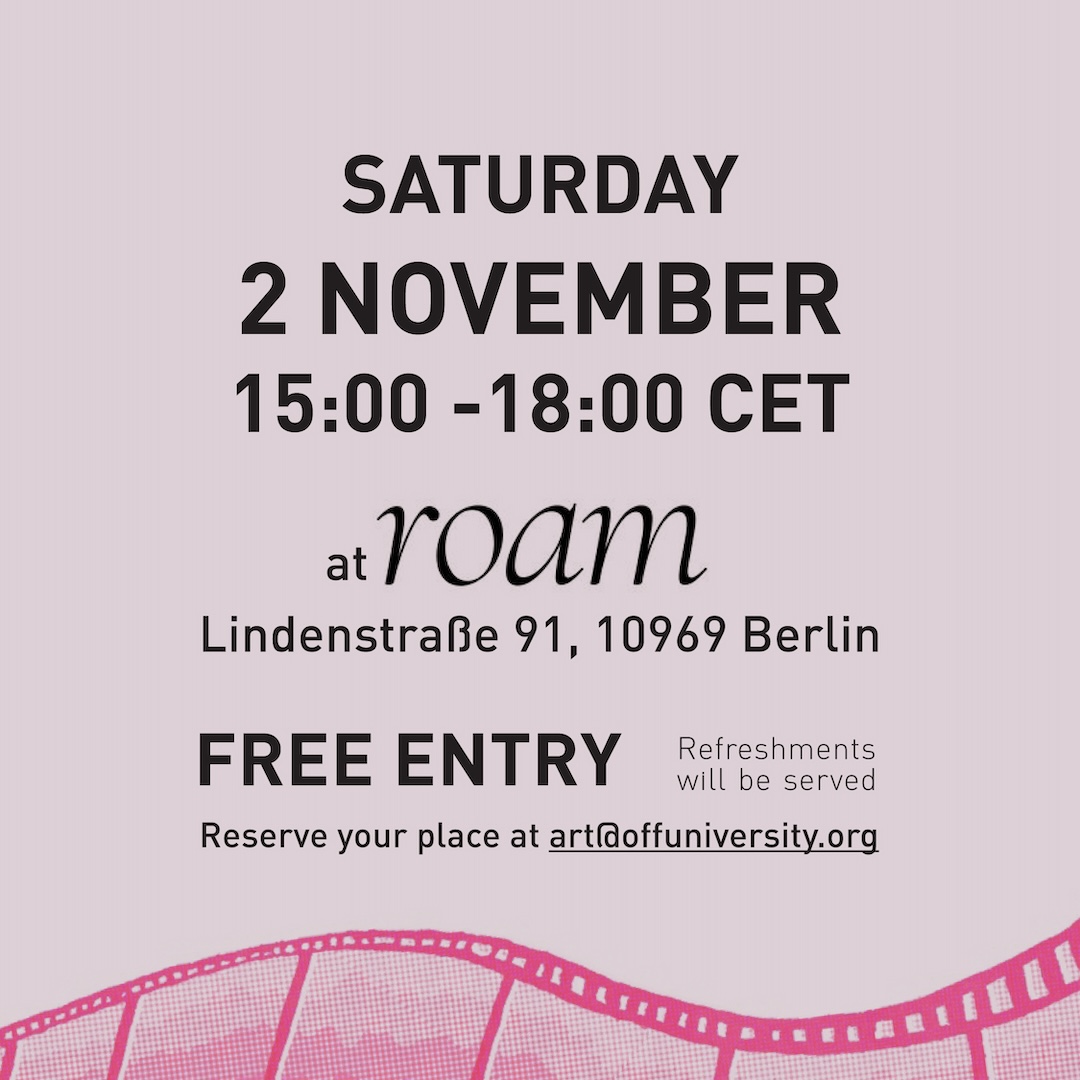
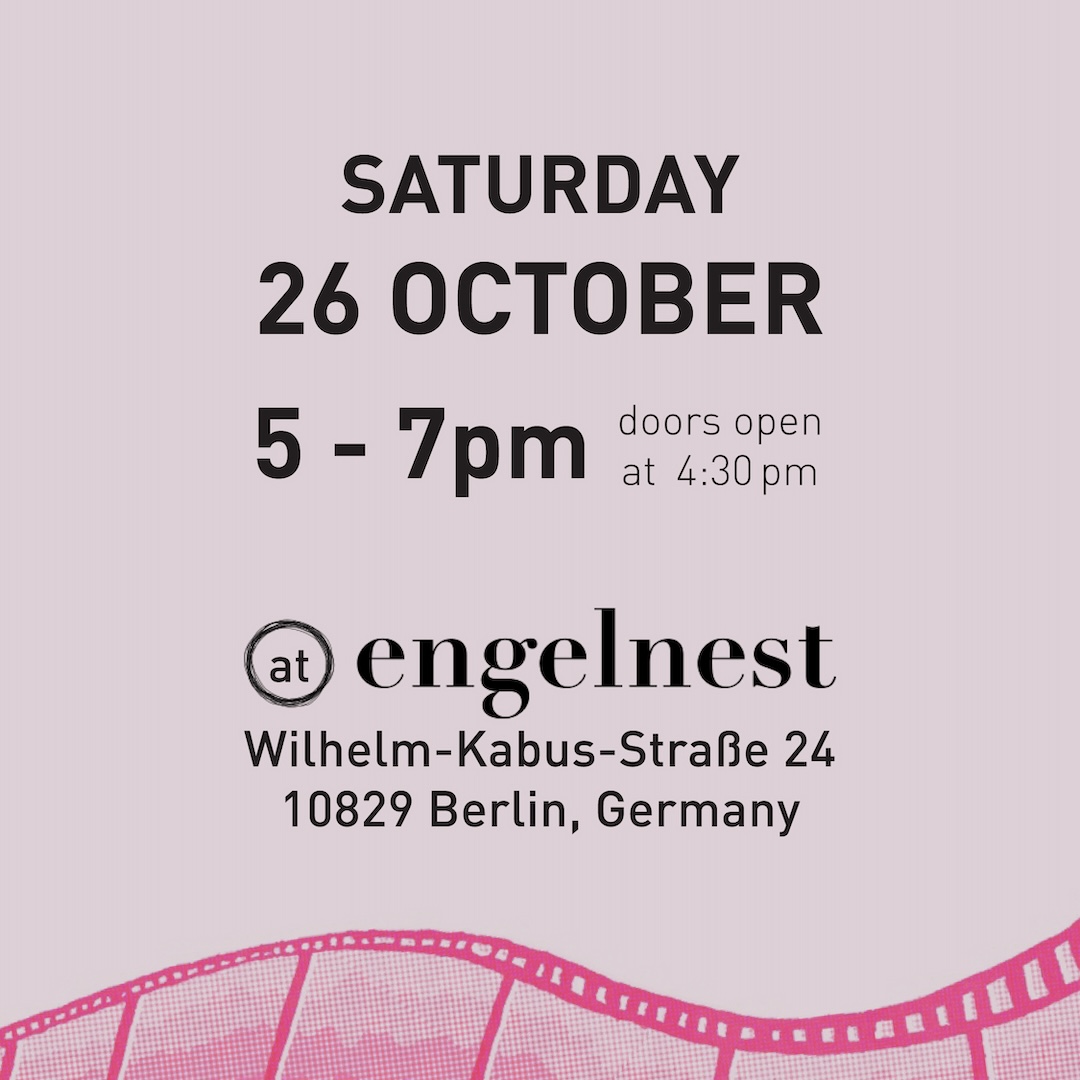
Urgently wanted: Freedom of Research and Learning is a collaboration of Off University e.V. and the research project RePLITO (Beyond Social Cohesion: Global Repertoires of Living Together) at Department of Gender and Media Studies for the South Asian Region (GAMS), Institute for Asian and African Studies, Humboldt-Universität zu Berlin
Federal Ministry of Education and Research
Science Year 2024 – Freedom
The theme of the Science Year 2024 is freedom. This is because it is of fundamental value and is under threat today in ways that have long been unimaginable. The Science Year 2024 is therefore focusing on various dimensions of freedom. What exactly is freedom? Are freedom and democracy connected? Where does freedom begin? With a wide range of opportunities to get involved, the Year of Science provides a framework for intergenerational discussions about freedom, its value and its meaning – with each other and with science. About freedom today, tomorrow and worldwide.
The Year of Science is an initiative of the Federal Ministry of Education and Research (BMBF) together with Wissenschaft im Dialog (WiD).


